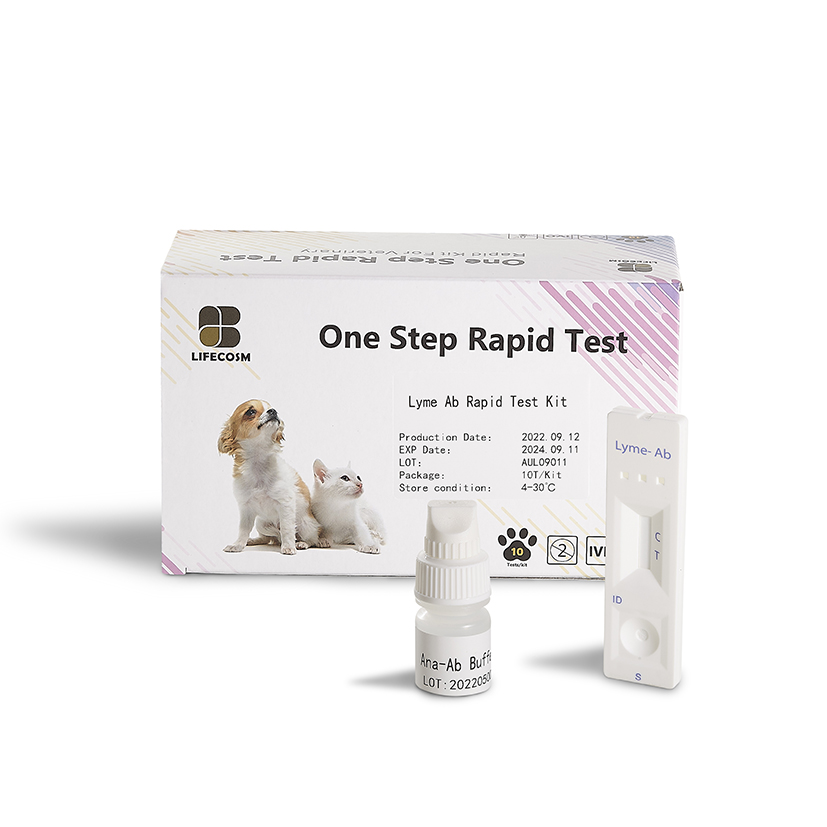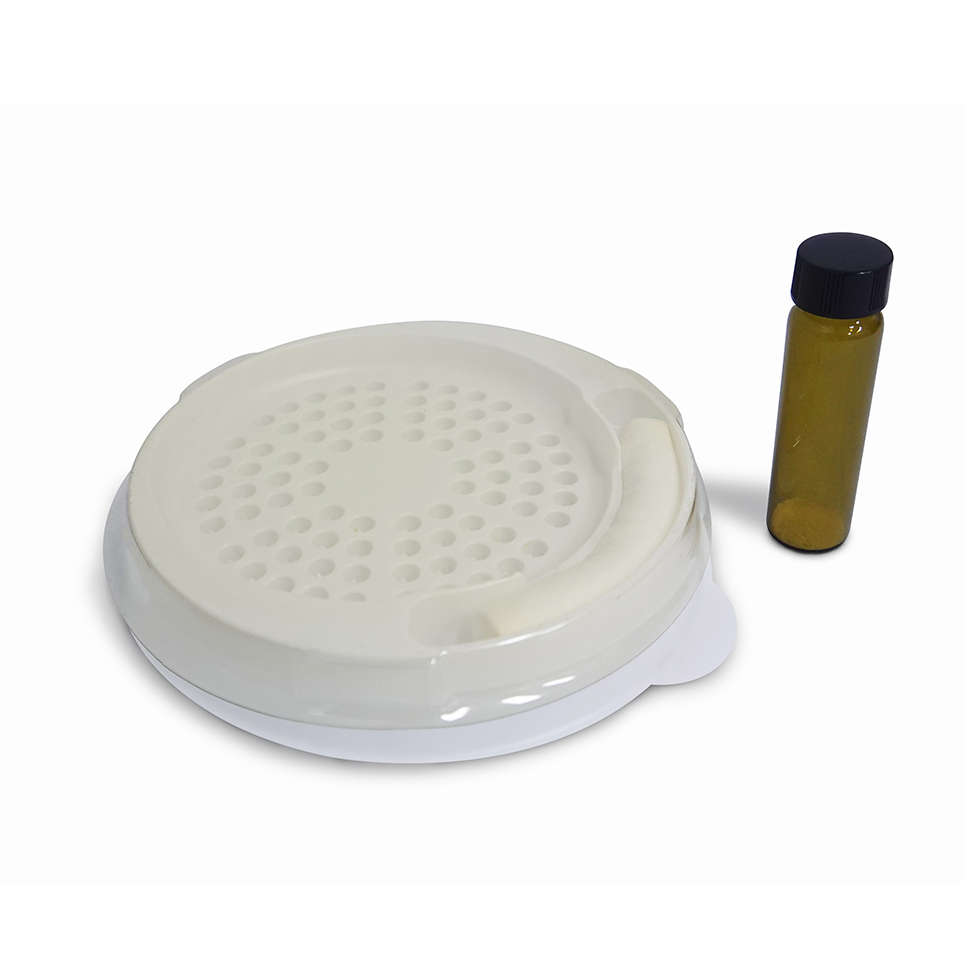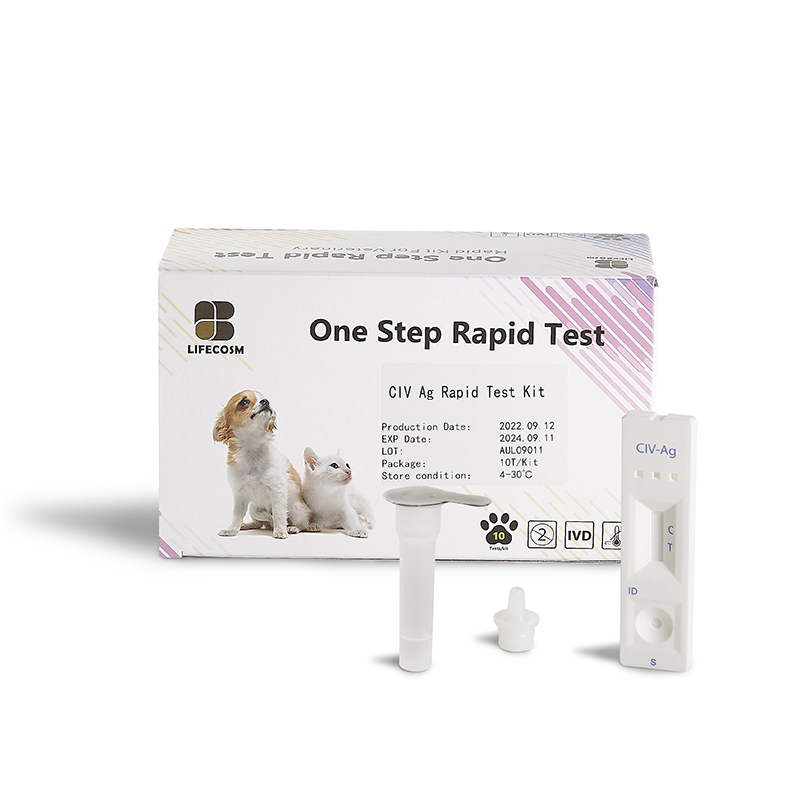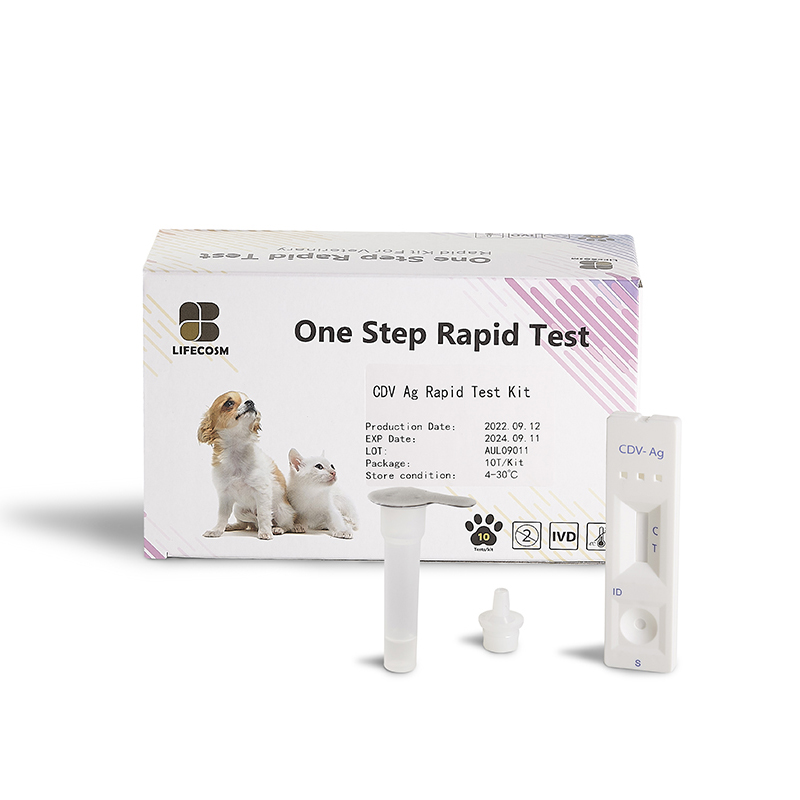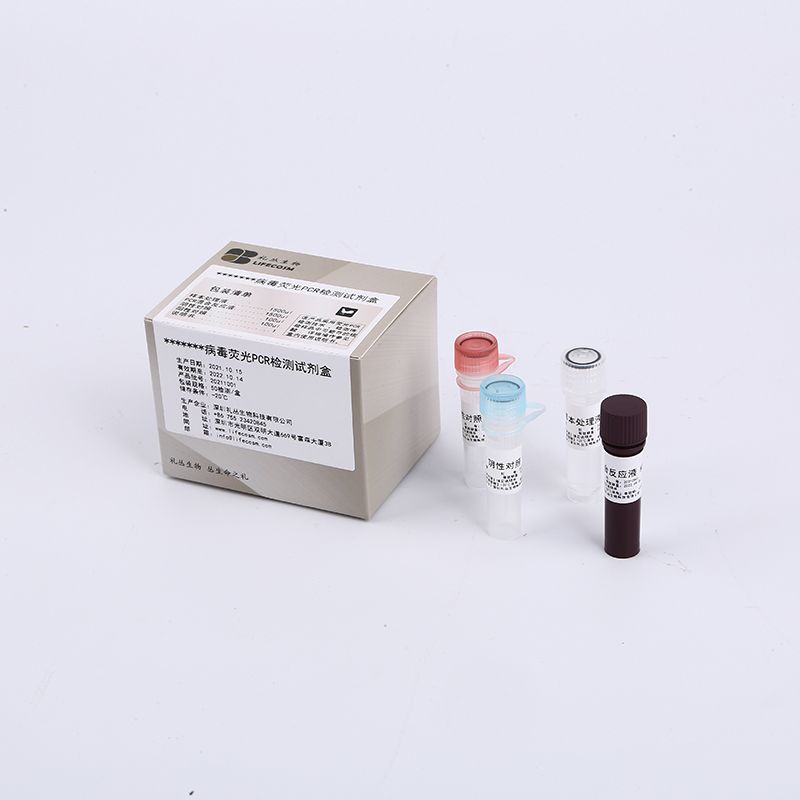What is an antibody test?
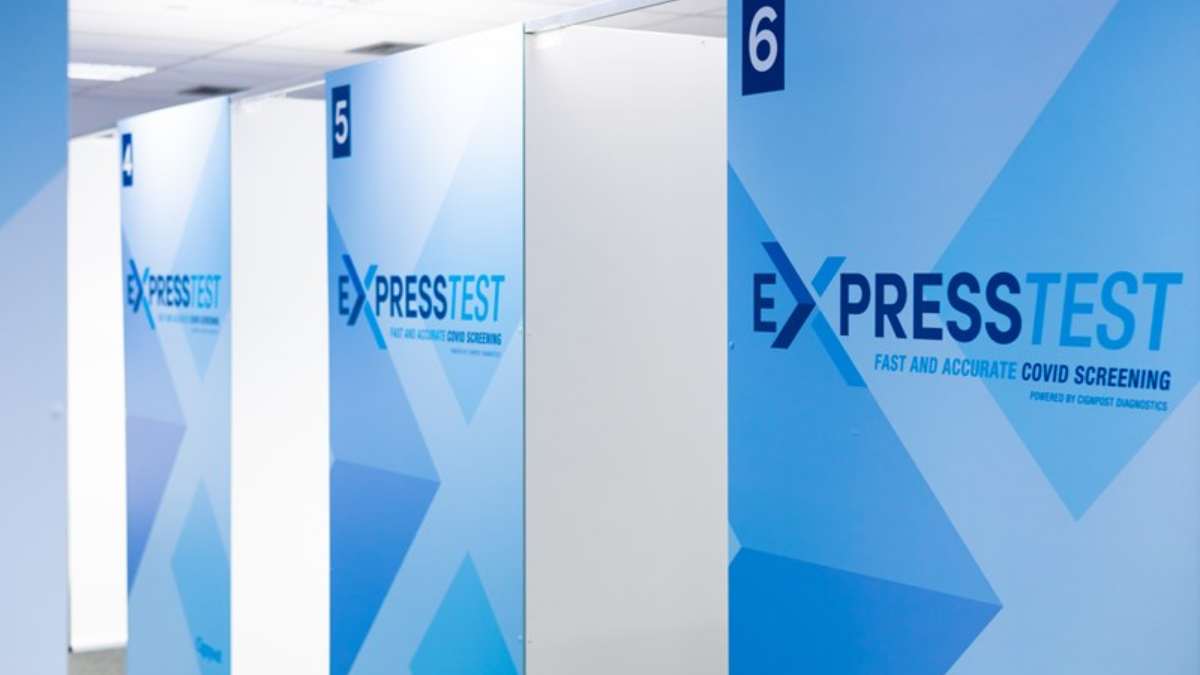
An antibody test, also known as a serology test, is a diagnostic test that measures the presence of antibodies in a person's blood. Antibodies are proteins produced by the immune system in response to an infection. Detecting the presence of antibodies can indicate if a person has previously been infected with a particular virus, in this case, COVID-19.
What is Roche's antibody test?
Roche's antibody test is a diagnostic test used to detect the presence of antibodies against COVID-19 in a person's blood. The test is performed using a blood sample, which is then analyzed using Roche's Elecsys® Anti-SARS-CoV-2 antibody test. This test has recently received approval from the US Food and Drug Administration (FDA) for Emergency Use Authorization (EUA).
How does Roche's antibody test work?
Roche's antibody test uses a technique called electrochemiluminescence immunoassay (ECLIA) to detect the presence of COVID-19 antibodies in a person's blood sample. The test specifically targets the spike protein of the virus, which is crucial for its entry into human cells. The test is highly sensitive and has been shown to have a 99.8% specificity rate, meaning that there is a low chance of false-positive results.
What are the benefits of Roche's antibody test?
Roche's antibody test is set to revolutionize testing methods for COVID-19. The test offers several benefits such as:
1. Earlier detection: The test can help to detect the presence of COVID-19 antibodies in a person's blood, even if they are asymptomatic, thereby allowing for earlier detection and isolation of infected individuals.
2. Increased efficiency: The test can be performed using automation technology, which allows for faster processing of samples, thereby increasing efficiency in testing.
3. Valuable information: The test can provide valuable information about the spread of the virus in a population, which can help in developing targeted public health interventions.
What are the limitations of Roche's antibody test?
While Roche's antibody test offers several benefits, it also has some limitations, such as:
1. Delayed detection: It can take several days or even weeks for antibodies to develop in a person's blood after infection. Therefore, the test may not detect the presence of COVID-19 antibodies in individuals who have recently been infected.
2. False-negative results: The test may not detect the presence of COVID-19 antibodies in some individuals, leading to false-negative results.
3. Limited information: While the test can provide valuable information about the spread of the virus in a population, it does not provide information on the level of immunity that a person may have against the virus.
Conclusion
Roche's newly-approved antibody test is a significant development in the fight against COVID-19. The test offers earlier and more accurate detection of the virus, which can help in developing targeted public health interventions. However, it is important to note that the test has some limitations, and it should be used in conjunction with other testing methods for a more comprehensive assessment of a person's COVID-19 status. Nevertheless, the approval of Roche's antibody test is a step in the right direction in our efforts to control the spread of the virus and eventually defeat it.

